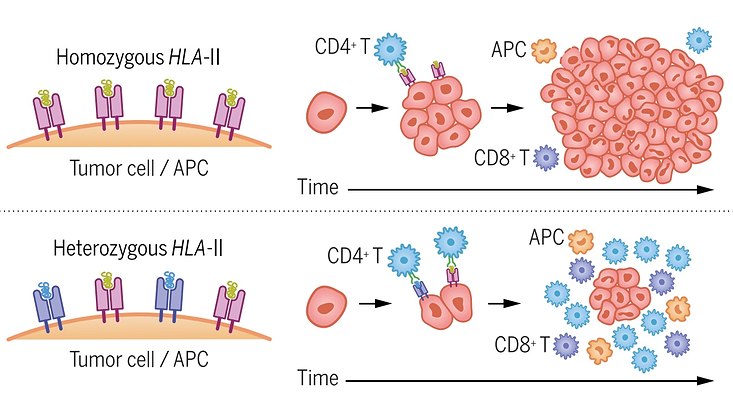Immunogenetic variation in the three-spined stickleback
1 May 2024

Photo: A. Multhaupt
Congratulations to Artemis Efstratiou for publishing her first PhD paper on the genetic variation of immunologically important MHC genes in the three-spined stickleback, and the challenges that arise from this variation for the sequencing of these genes.
This study provides a detailed evaluation of the methodologies and complexities involved in genotyping the Major Histocompatibility Complex (MHC) using next-generation sequencing (NGS). MHC genes are essential for adaptive immunity, and as such subject to pathogen-driven selection pressures, leading to high genetic variability. This variability makes accurate genotyping challenging, especially in non-model species where gene duplications and diverse allele variations are prevalent.
The study critically evaluates several NGS-based genotyping pipelines using data from both genomic DNA and cDNA of the three-spined stickleback. These pipelines are tested for their ability to accurately identify and differentiate between real allelic variants and artefacts such as sequencing errors, cross-sample contamination, and PCR chimeras. The evaluation uses a robust approach incorporating data from established protocols and plasmid libraries to ensure comprehensive analysis.
Results indicate varying levels of accuracy, sensitivity, and specificity among the pipelines, with notable differences in performance based on the type of genetic material analyzed (gDNA vs. cDNA). The study highlights the importance of selecting and tuning genotyping pipelines based on specific project needs and the genetic characteristics of the species studied.
Alongside the optimization of genotyping pipelines, the study provides novel insights into the genetic variability of MHC class I and class II genes of the stickleback. It also highlights the potential of comparing gDNA and cDNA for investigating MHC allele-specific expression patterns, opening a new avenue for eco-immunological studies in this context.
Overall, this research provides valuable insights into the challenges and considerations in MHC genotyping, emphasizing the necessity for meticulous method selection and optimization in studies of genetic diversity and evolutionary biology.
Original publication:
Efstratiou A, Gaigher A, Künzel S, Teles A, Lenz TL (2024) Template-specific optimization of NGS genotyping pipelines reveals allele-specific variation in MHC gene expression. Molecular Ecology Resources 24: e13935. doi:10.1111/1755-0998.13935

